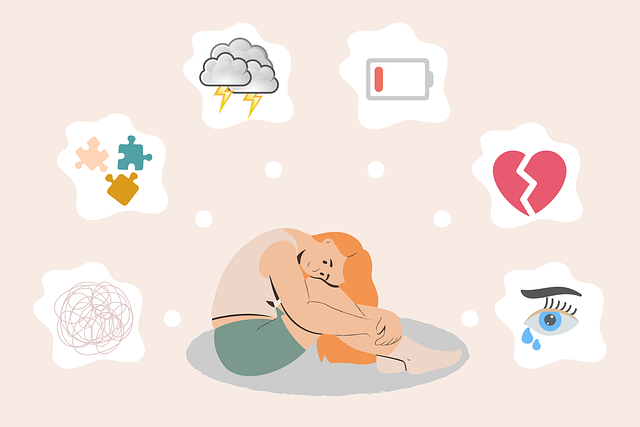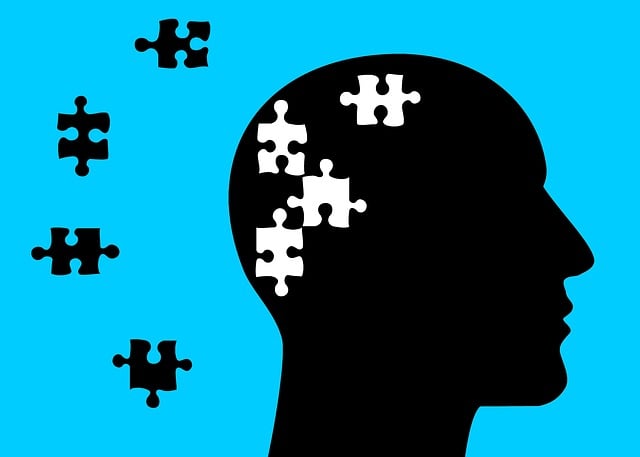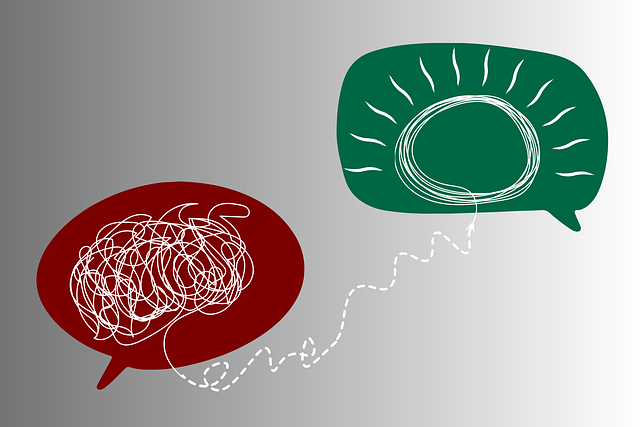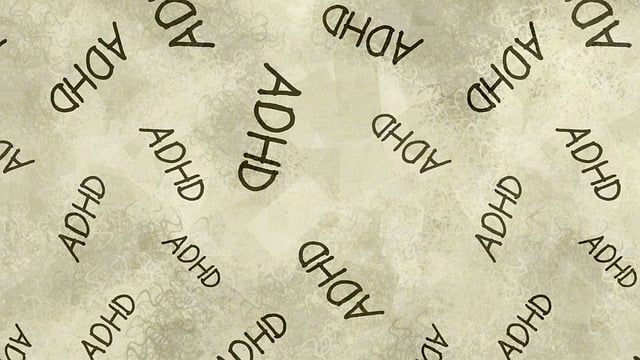Longmont Anger Management Therapy provides evidence-based coping skills for anger and stress management. Utilizing techniques like mindfulness meditation and cognitive reframing, this program empowers individuals to process emotions constructively, preventing impulsive behaviors and improving mental well-being. By gaining self-awareness, conflict resolution skills, and relaxation strategies, participants transform their emotional responses, leading to better stress management, anxiety relief, and a deeper sense of control over their lives. The therapy's practical tools, including mood journaling, enhance professionals' risk assessment abilities and foster clients' resilience in facing life challenges with improved mental health.
Coping skills development is a powerful tool for managing anger and maintaining emotional well-being. In this article, we explore essential strategies through Longmont Anger Management Therapy, focusing on understanding the foundation of anger control. We delve into practical techniques to incorporate coping skills into daily life, offering a calmer and more balanced approach to challenging situations. Discover how these methods can transform your reaction to stress and improve overall mental health, making them invaluable assets for anyone seeking peace amidst chaos.
- Understanding Coping Skills: The Foundation of Anger Management
- Longmont Anger Management Therapy: Strategies for a Calmer You
- Practical Application: Incorporating Coping Skills into Daily Life
Understanding Coping Skills: The Foundation of Anger Management

Understanding coping skills is a fundamental aspect of anger management therapy, offered by programs like Longmont Anger Management Therapy. Coping skills are the strategies individuals use to navigate and manage their emotions effectively, especially in stressful situations. These skills are essential for maintaining emotional balance and preventing impulsive behaviors, such as anger outbursts. By learning and practicing healthy coping mechanisms, individuals can transform their responses to challenging circumstances, leading to improved mental health and well-being.
The foundation of anger management lies in recognizing and understanding one’s emotional triggers and developing adaptive strategies to address them. Mental Health Education Programs Design often focus on teaching individuals how to identify their feelings, process them constructively, and respond to anger in a calm and thoughtful manner. These programs emphasize the importance of Emotional Healing Processes, helping clients break free from cycles of negative behavior and fostering an environment where mental illness stigma reduction efforts can thrive.
Longmont Anger Management Therapy: Strategies for a Calmer You

Longmont Anger Management Therapy offers a structured approach to help individuals transform their emotional responses. Through various evidence-based techniques, this therapy aims to equip people with effective coping skills to manage anger and associated stress. By delving into mindfulness meditation and exploring alternative ways to express frustration, participants learn to navigate challenging situations calmly.
The program incorporates strategies for relaxation, cognitive reframing, and conflict resolution, empowering individuals to reduce impulsive reactions. These techniques not only benefit those struggling with anger but also enhance overall well-being by improving stress management and anxiety relief. By fostering a deeper sense of self-awareness and emotional control, Longmont Anger Management Therapy helps individuals lead more balanced and peaceful lives.
Practical Application: Incorporating Coping Skills into Daily Life

Coping skills learned through therapy can be incredibly powerful when put into practice in daily life. At Longmont Anger Management Therapy, we emphasize the practical application of these strategies to help individuals effectively manage their emotions and challenges. Incorporating coping techniques like mindfulness meditation, deep breathing exercises, and cognitive reframing into your routine allows for better stress management and emotional regulation.
For mental wellness professionals, risk management planning is enhanced through these skills. Journaling exercises tailored to track moods and triggers can provide valuable insights for self-esteem improvement and personalized care. By integrating coping skills development into their practices, therapists can offer more holistic guidance, empowering clients to navigate life’s hurdles with resilience and enhanced mental health, while also benefiting from the Mental Wellness Journaling Exercise Guidance.
Coping skills development is a powerful tool for managing anger and achieving a calmer, more balanced life. As discussed in this article, understanding the foundational role of coping skills, utilizing effective strategies from Longmont Anger Management Therapy, and practically incorporating these skills into daily routines can significantly enhance emotional well-being. By embracing these techniques, individuals can navigate challenging situations with resilience and maintain inner peace.














